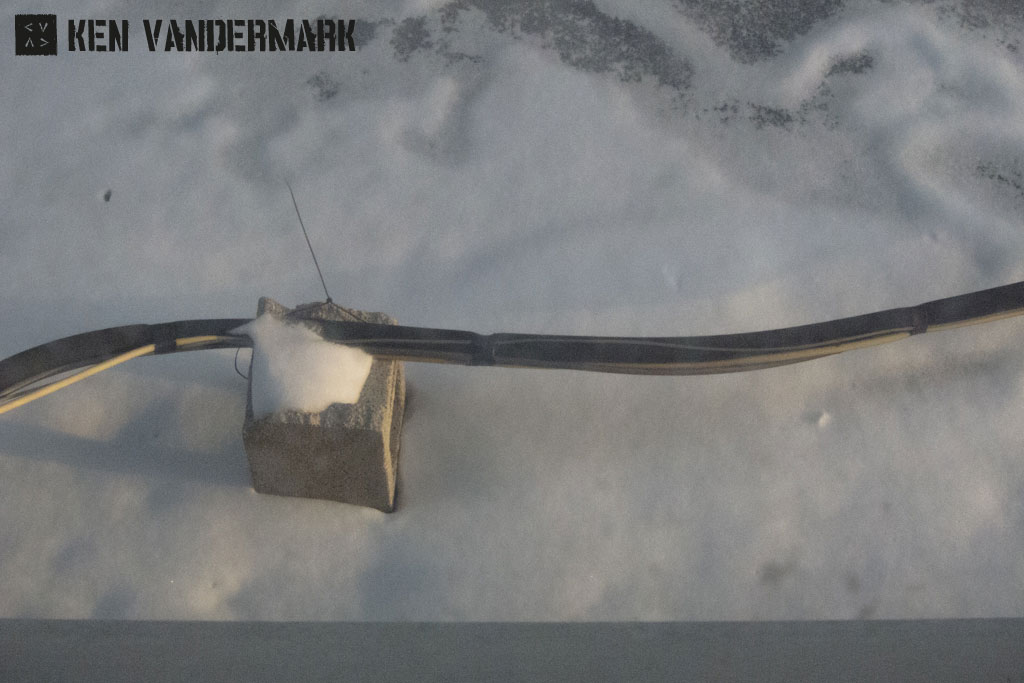

KV: Can you give a brief background of how you came to work with the music you’re now dealing with in the 21st century- as someone growing up in Spain, studying music, listening to recordings and concerts, etc. How did you “get here?”
AF: Little by little, and by following my musical intuition. I never planned to be an improviser, it just happened that I ended being an improviser through many small decisions throughout my whole life. I listened to many musicians, all musical traditions, and learned something from everybody. What I planned, or pretended to be, was a computer music composer. In my early 20s I heard Turenas by John Chowning, and later on Stria, and I was absolutely captivated by this music. John Chowning invented, among many other things, the famous Frequency Modulation Synthesis that was at the origin of the Yamaha DX7 Synthesizer, very popular in the 80s. So I decided to study with John Chowning at CCRMA (Center for Computer Research in Music and Acoustics), at Stanford University, California. I applied for a grant… and I didn’t get it. So I had to keep playing the piano. The rest is history. But I’ve always had an ear for computer music, I went to some conferences, followed the tendencies and ideas, new compositions, etc. Maybe this also explains why Evan called me to join the EAE [Electro-Acoustic Ensemble].
My musical life is very long and varied: I had a classical musical training at the Conservatory and church; I’ve played rock, soul, dance music, jazz, jazz rock, salsa, classical music, contemporary music, theater musicals; I’ve been accompanying rock singers, folk singers, opera singers, choirs; I wrote music for theater, dance, film, television, commercials; and am also a record producer, arranger, session musician, you name it. And since 2000 I’ve taught at the ESMUC in Barcelona. I’ve learned in every stage in my life, and I’ve learned from everybody, from the best musicians (what to do) to the crooks (what not to do). The most important thing is to know when you have enough of something. This is the crucial issue.
On one occasion, in the early 90s, I was at a concert of Celia Cruz, the great salsa singer, and a music journalist approached me and asked, “What are you doing here? You are an avant-garde musician, an expert in abstract improv. etc. What are you doing here with all these salseros, dancing?” I told him, “I like all kinds of music, and Celia Cruz is a myth for me in the salsa world, like Johnny Pacheco, Eddie Palmieri, Ray Barretto and so many others. So every time I have a chance to listen to them, I go”. And he said, “You know? You are the only musician that I’ve seen here, at Nusrat Fateh Ali Khan, Rostropovich and World Saxophone Quartet concerts, all in the same month”. That’s me, I guess- curiosity for the music.
But to answer the “How did you get here?” question, I have to admit that I don’t pretend to be an original. I got here because I just by kept walking, kept moving, musically.
I don’t know where my voice begins and where the others’ voices end. In what I do, I don’t know what is genuinely mine and what is imported from someone else. I don’t care. This is my way to thank all the people that have influenced me during my life. We are all made of bits from other people, our influences, and this patchwork of bits is what constitutes our “ego.” I don’t believe in spontaneous generation. We have hundreds of fathers and mothers. We grab from our ancestors what may be useful for us, we use it, change it, and pass it to the next generation. This is what I think transmission is. And music is a human jewel that passes through generations, changes its face according to the times, and keeps [moving] on.
One thing that I’d like to remark on is that the music that I play is basically a music of sharing; even if I do a lot of solo work, it isn’t a music of individual creation. So the authorship is also shared, [it’s] not individual. I think of this not only for the concerts and records that I do but also for the collective of musicians I’m part of. The music is not mine, it can’t be mine, it’s ours. And this music that is not mine is my music.
© 2024 Ken Vandermark – musician & composer | Disclaimer